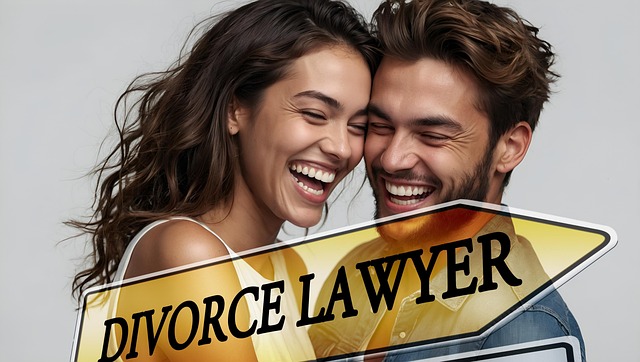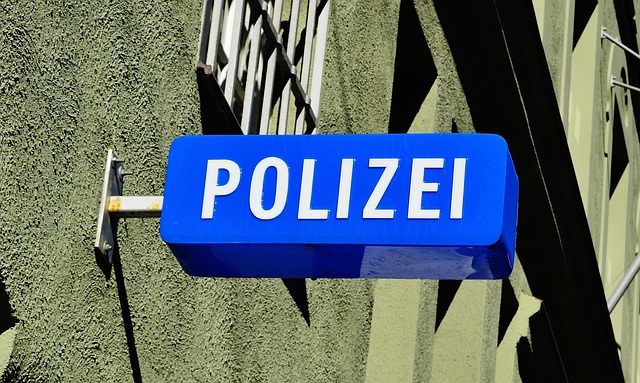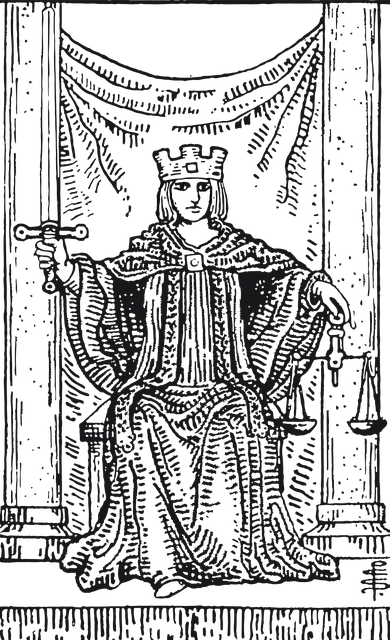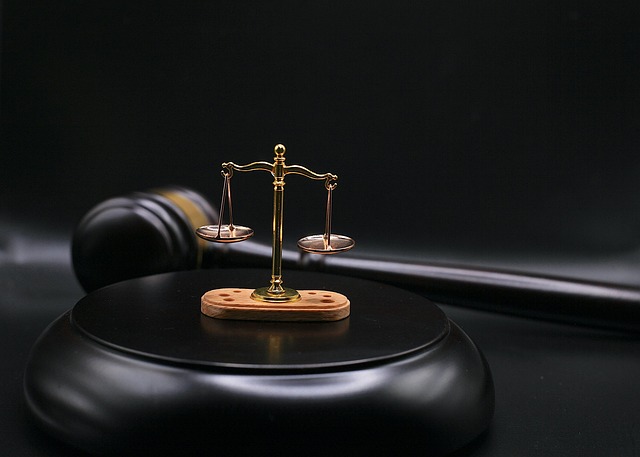Jury consultants play a vital role in high-stakes public corruption cases, employing data and social science to analyze jurors, craft narratives, and achieve charge dismissal. They guide lawyers through jury selection, identify biases, and ensure fairness, especially in complex white-collar defenses where community perception matters. Their expertise navigates ethical pitfalls, maintains impartiality, and upholds justice by prioritizing evidence and legal arguments.
“Unraveling public corruption cases: From charges to verdicts, explore the intricate process of holding corrupt officials accountable. This article delves into the defining moments of understanding public corruption charges, the weight of evidence required for conviction, and the crucial role of jury selection.
Discover strategies to unearth biases and ethical considerations for jury consultants in high-profile cases, where their expertise is pivotal. Uncover the impact of these trials on society and learn how successful prosecutions shape governance. An essential read for understanding the complexities of justice.”
- Understanding Public Corruption Charges: Definition and Impact
- The Role of Evidence in Convicting Corrupt Officials
- Jury Selection Process: Strategies for Uncovering Biases
- Ethical Considerations for Jury Consultants in High-Profile Cases
Understanding Public Corruption Charges: Definition and Impact
Public corruption charges refer to illegal acts by public officials or those with significant influence, abusing their power for personal gain. This can include bribery, fraud, and misuse of public funds. The impact of such charges is profound, eroding public trust in institutions and undermining democratic principles. When a case reaches trial, the role of jury consultants becomes pivotal, especially in complex cases where understanding public sentiment and effectively communicating key defenses are crucial for winning challenging defense verdicts.
These specialists aid in analyzing potential jurors, crafting compelling narratives, and designing strategies to ensure a complete dismissal of all charges, catering to both corporate and individual clients. By leveraging data-driven insights and social scientific methods, they help shape trials, ensuring that the truth comes to light and justice is served fairly. This specialized support is increasingly recognized as a game-changer in securing positive outcomes, particularly in high-stakes cases involving public corruption.
The Role of Evidence in Convicting Corrupt Officials
The Role of Evidence in Convicting Corrupt Officials is paramount in high-stakes cases where the fate of a public servant’s career and even their liberty hangs in the balance. In these intricate matters, Role of Jury Consultants in Trials play a pivotal role. These experts help navigate the complex web of evidence, ensuring that it’s presented in a compelling manner to a jury or judge. They employ strategies such as meticulous data analysis, witness preparation, and the strategic use of forensics to build a robust case for their clients.
The goal is often to secure a complete dismissal of all charges, not just because of the stakes involved but also because public corruption cases must be handled with impartiality and fairness. Jury consultants assist in understanding the emotional and cognitive biases of jurors, helping to craft arguments and visual aids that resonate while adhering to legal boundaries. This approach ensures that the evidence speaks volumes, making it easier for the court to recognize the innocence or guilt of the accused official, for his clients.
Jury Selection Process: Strategies for Uncovering Biases
The jury selection process is a critical phase in any trial, especially for high-profile cases involving public corruption charges. Jury consultants play a pivotal role in helping lawyers navigate this intricate stage to ensure a fair and impartial jury. These professionals employ various strategies to uncover potential biases among prospective jurors, which can significantly impact the outcome of the case. One effective method involves delving into their backgrounds, attitudes, and experiences to identify any preconceived notions or connections that might influence their decision-making. This thorough screening process helps in empaneling a jury that can objectively assess the evidence presented during the trial.
In the context of white-collar defense for both corporate and individual clients, the expertise of jury consultants is invaluable. They assist lawyers in recognizing and challenging any biases related to industry knowledge, past experiences with similar cases, or even cultural and social factors that could sway the jurors’ perception. By employing these strategies, the goal is to assemble a jury panel that represents the community impartially, ensuring that both sides have a fair chance to present their arguments and evidence in court.
Ethical Considerations for Jury Consultants in High-Profile Cases
Jury consultants play a significant role in shaping public perception during high-profile trials, especially those involving white collar defense. As experts in jury selection, they guide legal teams on strategies to ensure a fair and unbiased trial outcome. However, their involvement raises ethical considerations that must be carefully navigated.
In these high-stakes cases, jury consultants must maintain impartiality, avoiding any influence that could skew potential jurors’ decisions. They serve as neutral guides, helping both corporate and individual clients understand the complexities of the all stages of the investigative and enforcement process. This delicate balance ensures a just trial, where evidence and legal arguments take center stage rather than external influences.
Public corruption charges significantly erode public trust and necessitate a robust legal response. Understanding the nuances of these charges, the importance of solid evidence, and the ethical considerations for jury consultants are pivotal steps in ensuring justice. The role of jury consultants in trials is crucial, as they can help navigate complex biases and ensure fair deliberations. By employing strategic jury selection methods and maintaining high ethical standards, the legal system can effectively address public corruption cases while upholding the integrity essential to a just society.






